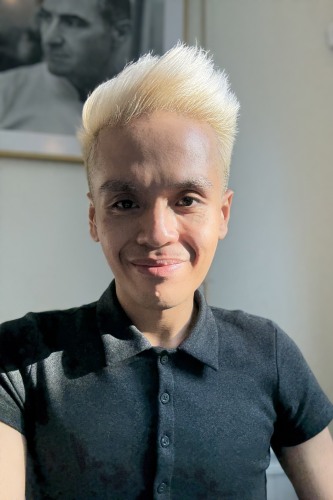
James Carl Osorio
Biography
James is broadly interested in the sensory, emotional, and everyday aspects of society, culture, and politics in the context of Modern Europe, the Holocaust, Genocide, warfare, incarceration, statelessness, and Anglo-European entanglements in Southeast Asia.
In order to center sensorial ecologies, emotional geographies, and the everyday lives of ordinary people, James follows polyphonic historiographies that draw on a diverse array of sources, beyond traditional ones, including but not limited to life writings (such as ego-documents, first-person narratives, and testimonies), oral/vernacular sources, literature, audiovisual materials, artifacts, and residues. His primary goal, then, is to advocate for the often-undervalued significance of everyday life, emotions, and the sensory world, as well as the synthesis of these three, in understanding historical lived experience and causality.
James is also interested in examining complex sensory experiences—beyond the traditional modalities of vision, hearing, smell, touch, and taste—such as synesthesia, dreaming, kinesthesis (sense of movement), aesthetics (sense of beauty), chronoception (sense of time), proprioception (sense of physical awareness), and equilibrioception (sense of balance) in historical time and place.
Originally from Tarlac, Philippines, James holds master’s degrees in musicology and performance from the University of Wisconsin-Madison, where he wrote an acoustic history of KZ Dachau for his M.A. thesis and presented a public history-recital project interlacing audiovisual survivor testimonies with his performances of music related to the Armenian Genocide and the Holocaust. He served as a research fellow at the United States Holocaust Memorial Museum during the summer of 2024. James has presented his work at various conferences in the United States and Europe. In addition, his scholarship has appeared in the International Journal of Armenian Genocide Studies, Journal of Asian American Studies, among others.